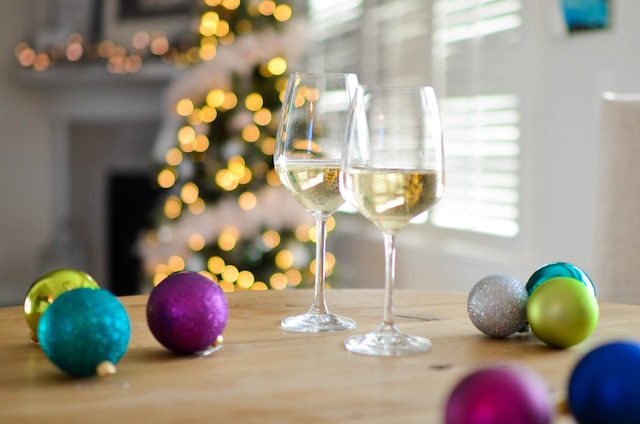Facing OWI, DUI or DWI in Wisconsin
Facing charges related to OWI, DUI, or DWI in Wisconsin, particularly in local counties like Barron, Chippewa, Dunn, Eau Claire,[…]
Navigating the Maze: Wisconsin’s Strict Stance on DUI Offenses and Second Offense Implications
Wisconsin has gained a reputation for taking a stern stance on DUI offenses, and individuals facing a second offense find[…]
A DUI Criminal Defense Attorney Defends Your Rights
According to the FBI, over 1.4 million drivers have been arrested for a DUI (driving under the influence), DWI (driving[…]













